
MUKESH MOHANAN/CHINA DAILY
When she arrived on the mainland three years ago to start her business, Hong Kong entrepreneur Annie Leung never expected to be named the "March 8th Red Flag Bearer of Guangdong Province" by the Guangdong Women's Federation.
She was given the honor earlier this year for her outstanding poverty alleviation work. Leung, 30, and her team have made great achievements in assisting villagers in Guizhou province's Hezhang county since 2018.
By the end of 2020, Leung had helped more than 500 poor households-about 3,000 people-earn more than 6 million yuan ($942,000) by planting flowers and developing commercial scents and fragrances.
Leung, who is general manager of Guangzhou Ganghua Agricultural Technology Co, established an innovation and entrepreneurship poverty alleviation demonstration base in Hezhang to help residents rise out of poverty.
She hopes that through her efforts and experiences she will be able to help more colleagues and friends from Hong Kong and Macao understand the development taking place on the mainland and what is being done to help them integrate to take advantage of the opportunities on offer.
Leung is not alone. With the introduction of preferential policies by the central and local governments, a growing number of young people from the Hong Kong and Macao special administrative regions have come to the mainland to start businesses, work or study.
According to Tian Xuejun, vice-minister of education, around 16,000 Hong Kong students and 7,320 Macao students are now studying at universities and colleges across the mainland. They enjoy the same tuition, accommodation and medical care policies as their mainland counterparts.
They are also eligible for the same employment guidance as their mainland compatriots and for scholarships set up by the central government for students from Hong Kong, Macao and Taiwan, he said. The central government has also issued a series of policies to actively support mainland colleges and universities in recruiting students from Hong Kong, Macao and Taiwan.
Wong King-hei, a postgraduate student majoring in geophysics at the University of Science and Technology of China in Hefei, Anhui province, said the mainland's vast territory means there are plenty of geological phenomena to study.
"In this field, the mainland's research system is in the same echelon as Europe," Wong said.
Leung Chun-ying, vice-chairman of the National Committee of the Chinese People's Political Consultative Conference and a former chief executive of Hong Kong, said the mainland is now seeing rapid economic growth, and young adults from Hong Kong should seize the opportunities available.
"The motherland is so big, I hope more Hong Kong young adults can go and have a look," Leung told a conference in the city earlier this year.
"If Hong Kong people could visit the mainland and see its many modern factories, they would be more interested in starting businesses or taking jobs there," Leung said.
Zhang Guangnan, a professor at Sun Yat-sen University's Institute of Guangdong, Hong Kong and Macao Development Studies, said the Pearl River Delta cities adjacent to Hong Kong and Macao, which have similar cultural characteristics, are traditionally the priority choices for young adults from the two cities.
But with the advancement of cooperation and exchanges driven by infrastructure connectivity, more young people from the cities have chosen to start businesses in inland areas, where special projects have been introduced to draw talent and investment from Hong Kong and Macao, Zhang said.
Liu Jiangning, a researcher at the Research Institute of Globalization and China's Modernization at the University of International Business and Economics, said the Guangdong-Hong Kong-Macao Greater Bay Area-an important strategic cluster for the country-has now become one of China's most dynamic, innovative and open areas.
"The Greater Bay Area has advanced manufacturing industries and service industries," she said. "And it has introduced a series of preferential policies to attract talent from Hong Kong and Macao in recent years."
Many cities in Guangdong have offered loans for entrepreneurs, as well as living allowances to young adults from Hong Kong and Macao.
The Greater Bay Area includes nine Guangdong cities, plus Hong Kong and Macao. It generated GDP of about 11.5 trillion yuan ($1.8 trillion) last year, more than 10 percent of the country's total, Liu said, adding that the prosperous Pearl River Delta has more than 300 distinct industrial clusters that are providing myriad entrepreneurial opportunities.









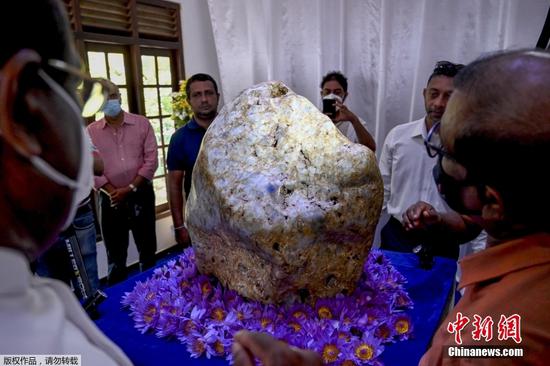
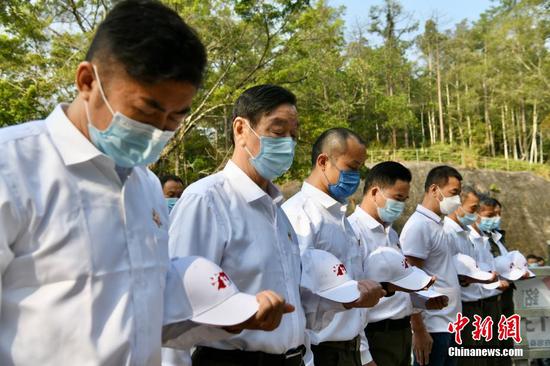




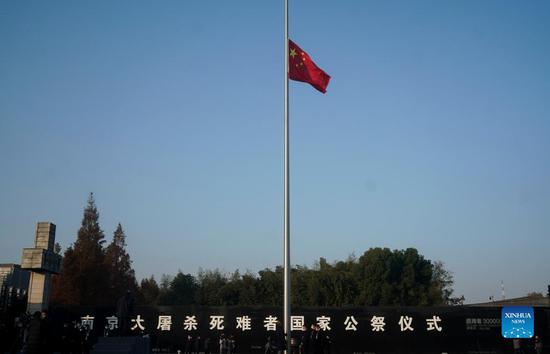



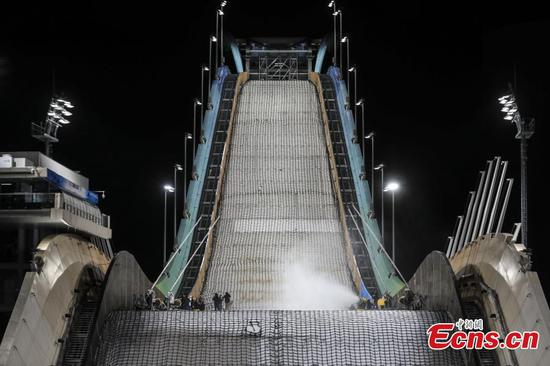


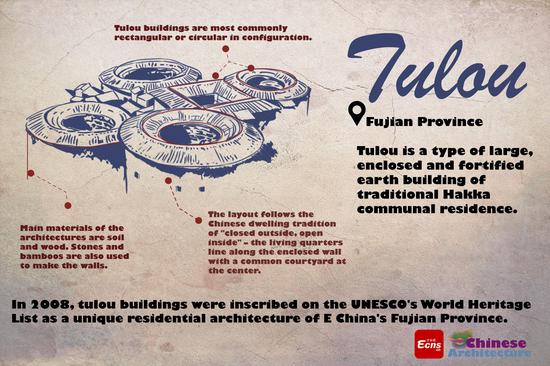
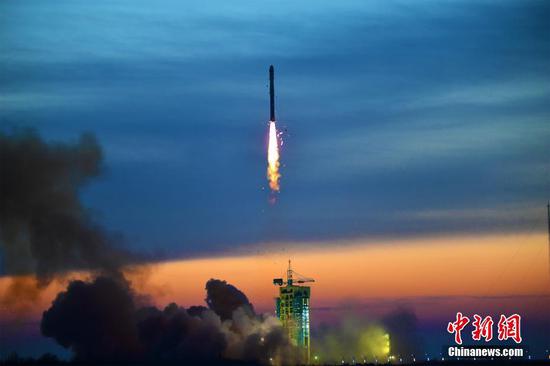


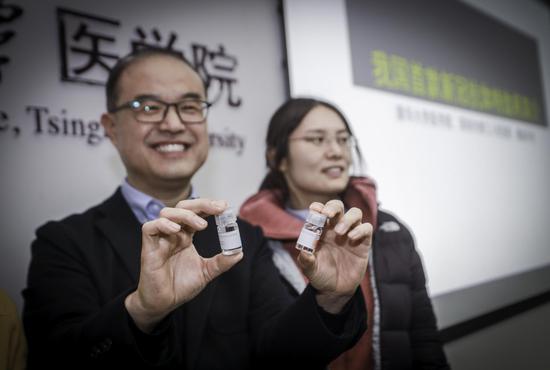
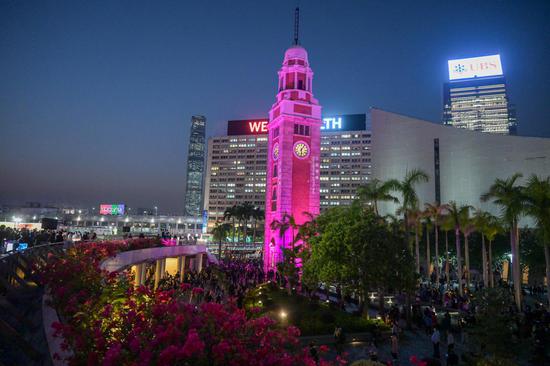
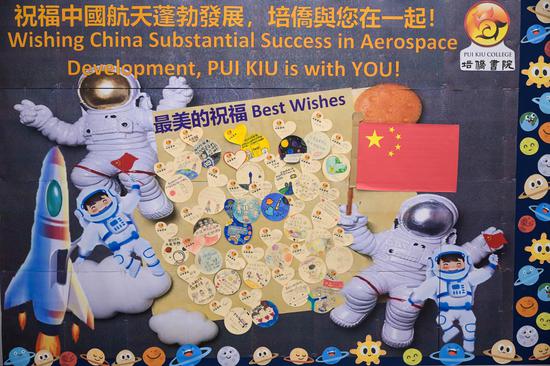

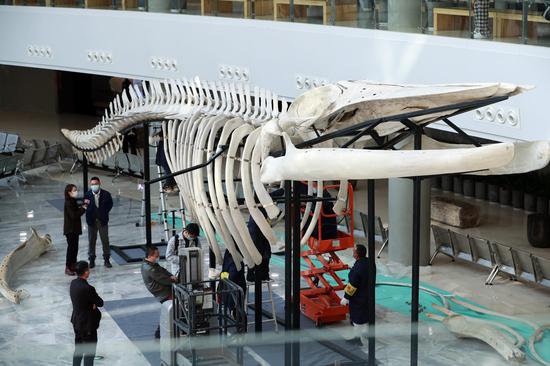
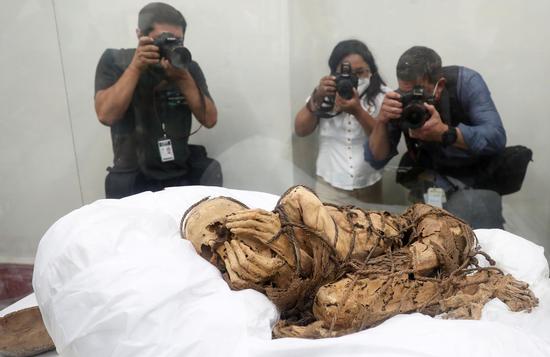
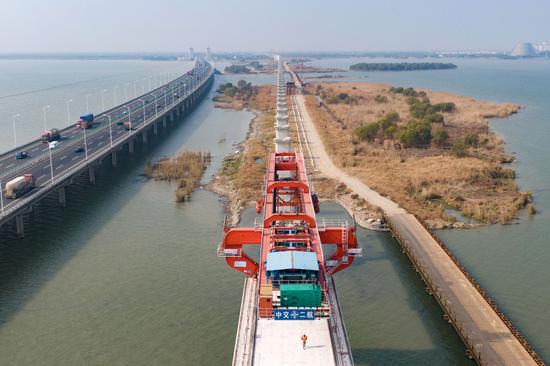






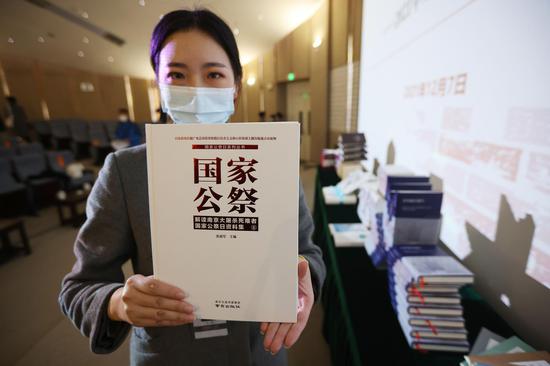


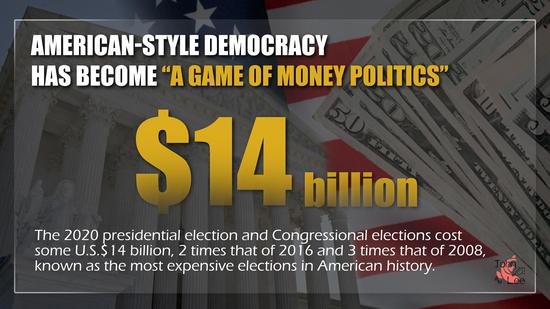







 京公網安備 11010202009201號
京公網安備 11010202009201號